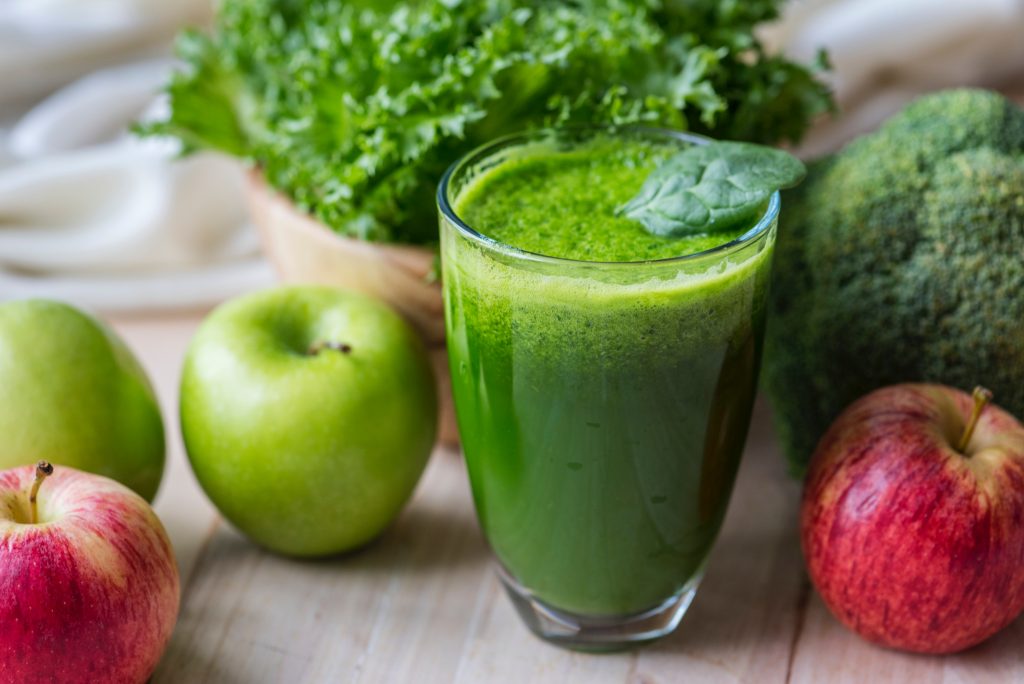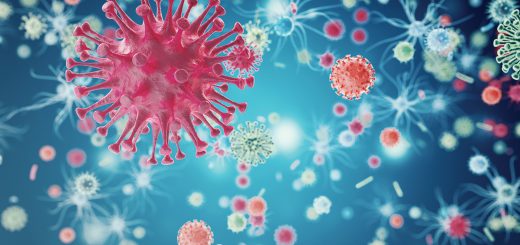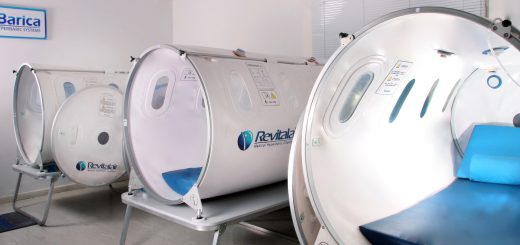What You Need to Know About Detoxing
Rosemary Ferguson, a super-nutritionist based in the United Kingdom, wrote an insightful piece on what detoxing really means. In the piece, she explains the difference between the craze detoxing and the process of detoxification. The latter occurs naturally in our bodies every minute, every day. It is the job of vital organs in our bodies neutralizing, transforming and remove harmful substances from our bodies – what is typically known as toxins in the detox world. Your livers, for example, are responsible for filtering 1.4 liters of blood every minute! This filtering helps make the toxins soluble so that your body and easily excrete them.
The problem that comes with detoxing, on the other hand, is mostly about language – the promises made by marketing strategies. Committing to a specific program will not help remove all the toxins and chemicals from your body, your body is already doing that and doing a very good job at it too! Detoxing will however help reinforce the organs that are already working really hard, and all the added fresh, anti-inflammatory foods won’t do any harm either.

Now that we know about the difference, how can we support our detoxification process? Some great options you could try, include:
Fats and oils. This may seem contradictory, but natural fats and oils like extra virgin olive oil and organic coconut oil can provide you with the energy needed for the detox and other biotransformation processes. They also tend to be rich in vitamins A, D, E, and K.
Nuts and seeds. Nuts and seeds are full of fibers that help with excretion, whether you are consuming almonds, walnuts, sunflower seeds, or cashews.
Fruits. Fruits are not only a great source of natural sugar and water, but they are also full of soluble and insoluble fiber. Fruits also contain a variety of phytonutrients, such as beta-carotene, lutein, and anthocyanins that have protective antioxidant properties.
Vegetables. Non-starchy vegetables, for example, are a great source of phytochemicals and fiber. Other vegetables provide essential vitamins and nutrients.
Legumes. Filled with soluble and insoluble fibers, legumes such as beans and lentils are great for helping you detoxify. They are also filled with amino acids.
Proteins. Most importantly, proteins are needed for the two main detoxification pathways inside the liver cells. Proteins are typically found in meats, and if you opt for grass-fed beef and wild-caught seafood you’ll be getting a richer source of protein.



